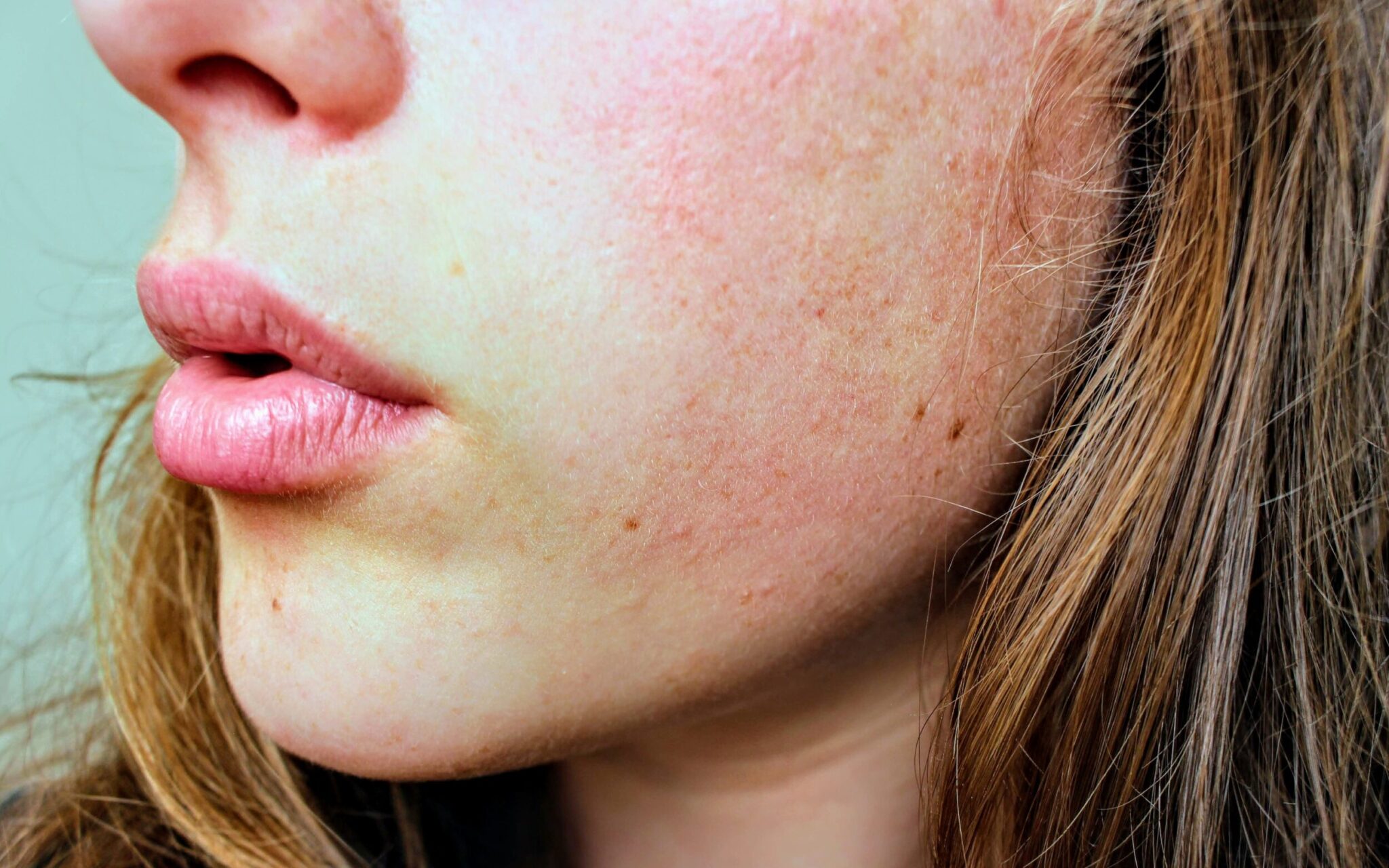If the winter cold already makes our skin drier and more sensitive because the hydrolipidic film is constantly attacked by external factors, common diseases such as colds, it can also dry out the epidermis. At the same time, when we’re bedridden for several days, skincare isn’t really our priority. Alright then!
Why do we have drier skin when we are sick?
But how do these diseases affect skin health? There may be several possible answers to this question. Dr. Ross Perry, medical director of Cosmedics, gave some answers to the magazine UK stylist And these might surprise you:
“This is usually due to the medications we take to fight infections, as well as long periods of time in bed or indoors, which can deprive our skin of vitamin D. Also, time spent indoors with central heating and the lack of humidity favors drying. We also tend to suffer from dehydration when we are not feeling well”
Results adding to a pain often felt by the skin during the cold seasonaccording to the same specialist:
“The combination of dry air, central heating, less sun exposure and colder temperatures all contribute to drier skin in winter. »

What to do to prevent this from happening?
Even if you can’t do much when you’re sick, it’s still possible to limit the damage by trying to do the minimum necessary so as not to make your skin suffer too much. How ?
- Drinking plenty of water, 2 liters are generally recommended to combat dehydration.
- Applying a good moisturizer and don’t hesitate to reuse it throughout the day if your skin feels tight.
- Investing (if possible) in an air humidifier to prevent the air from drying out on the heat from the radiators (if not, putting a bowl or two of water in the room also helps a lot).
- Avoiding long hot showers, because hot water alters the hydrolipidic film.
You know everything !
An image credit: @Karolina Grabowska.
Source: Madmoizelle
Elizabeth Cabrera is an author and journalist who writes for The Fashion Vibes. With a talent for staying up-to-date on the latest news and trends, Elizabeth is dedicated to delivering informative and engaging articles that keep readers informed on the latest developments.




